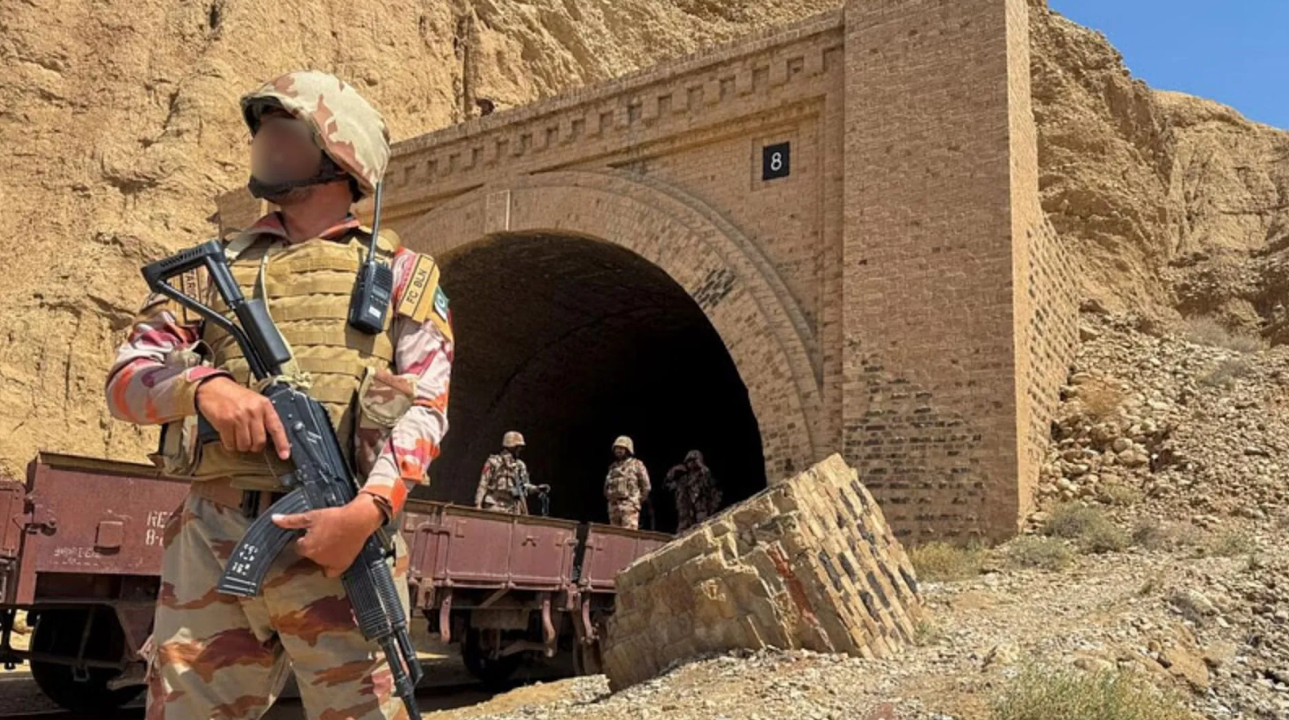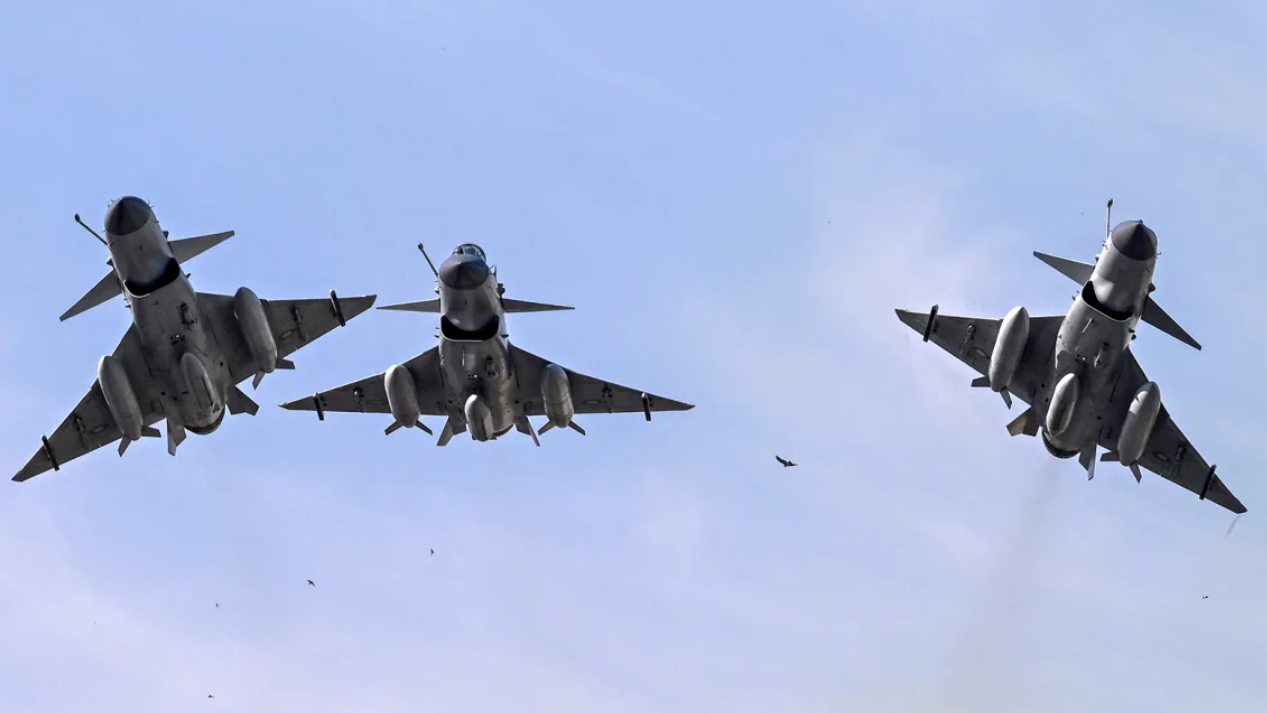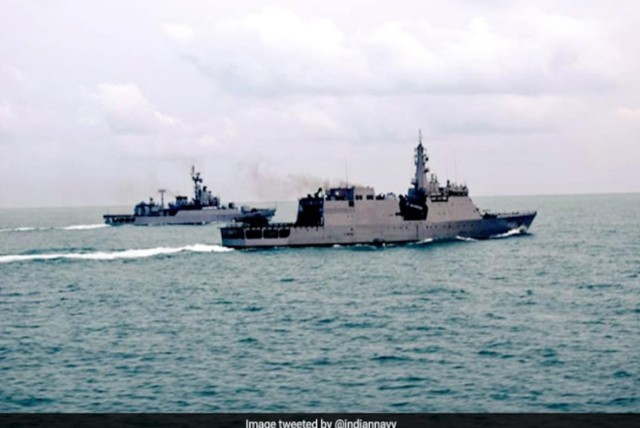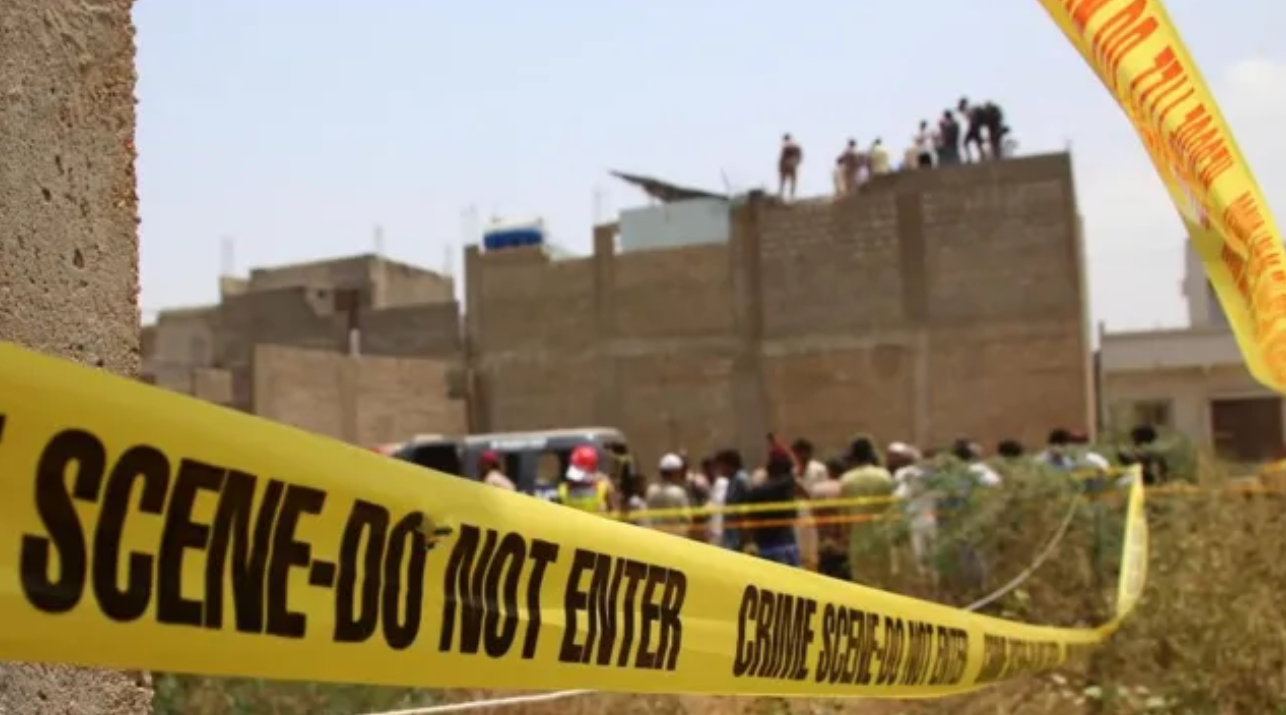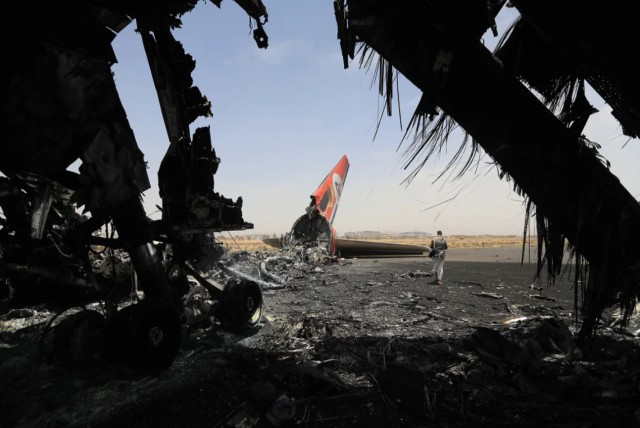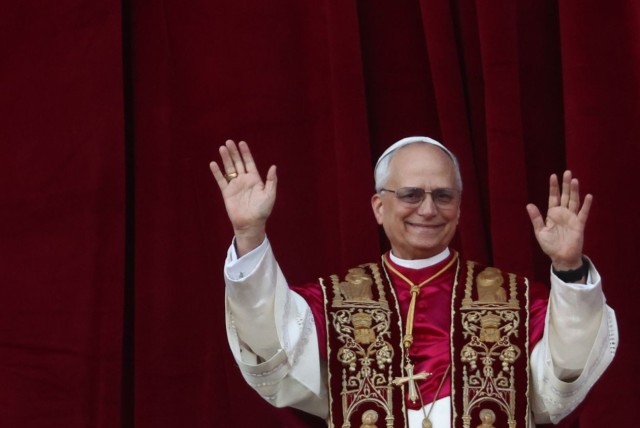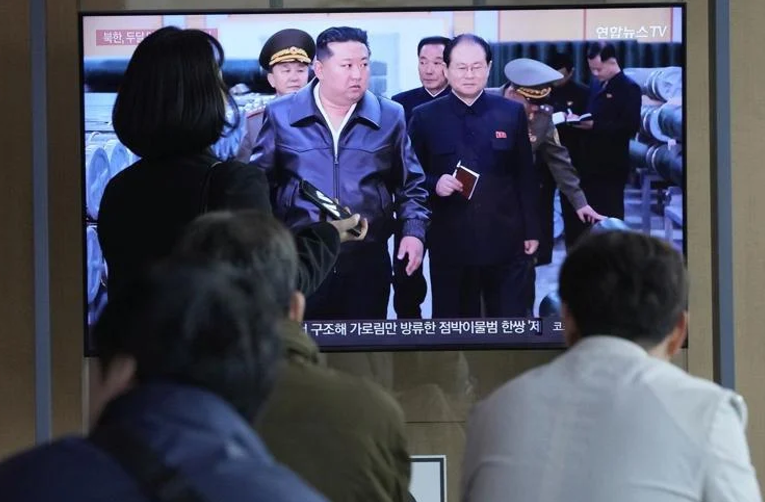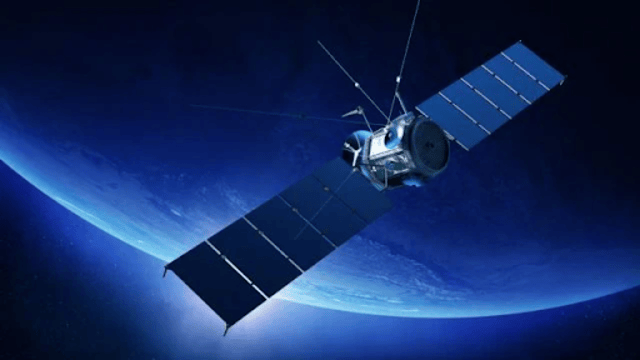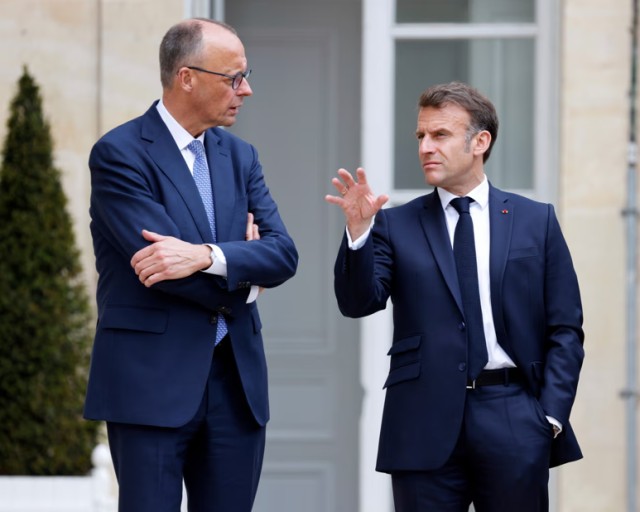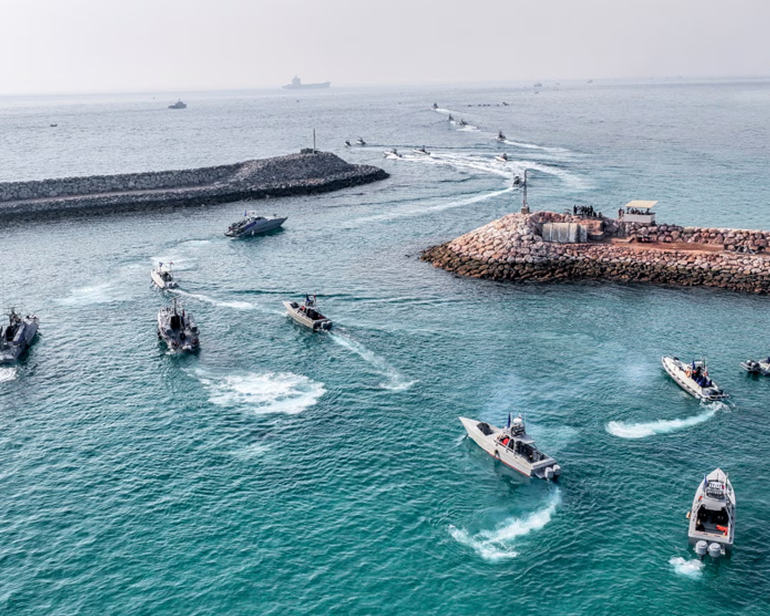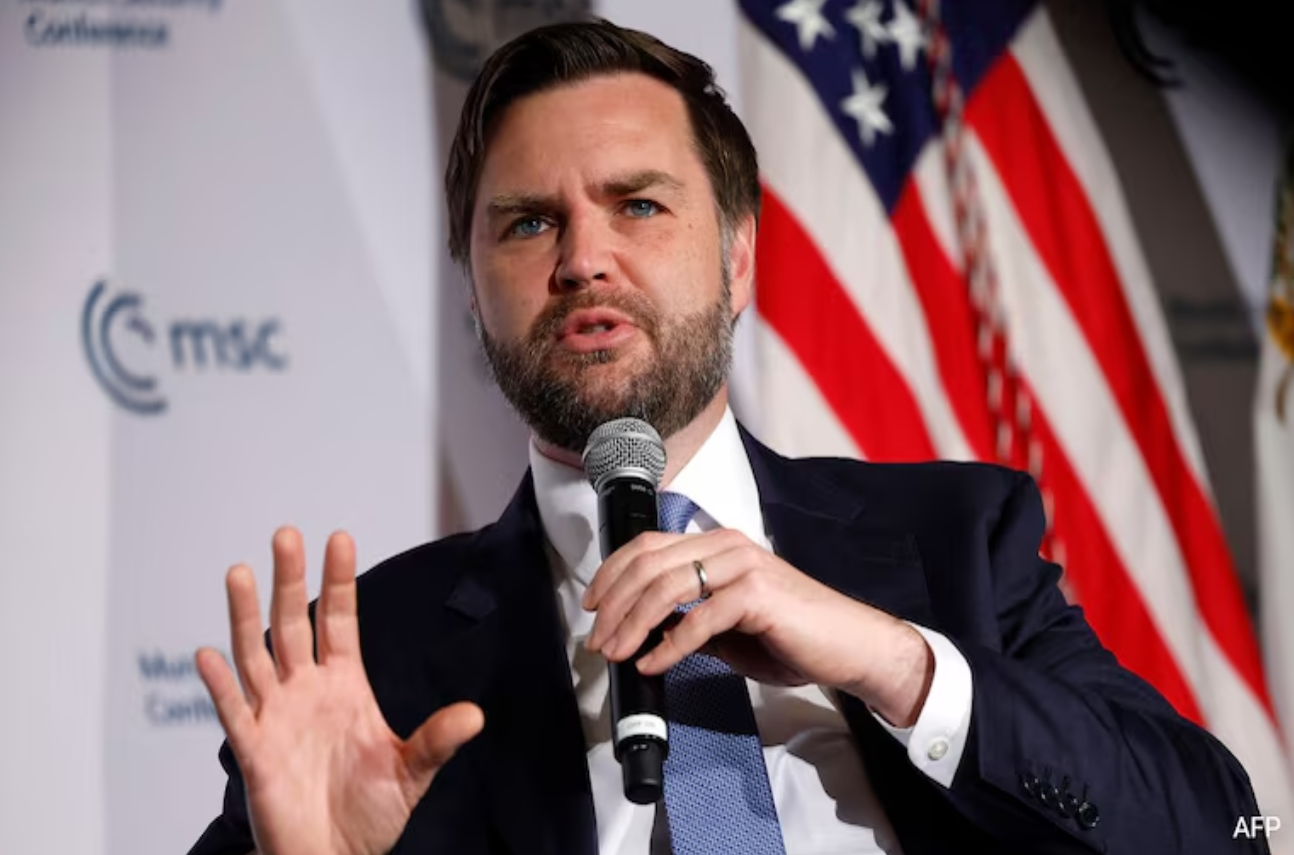
JD Vance said that US is not going to get involved in the middle of war.
US Vice-President JD Vance has made it clear — the India-Pakistan conflict is not America’s to resolve. Amid rising tensions in South Asia, Vance emphasized that the United States will not step into the fray. His comments follow Pakistan’s failed missile attacks on Indian military targets in Jammu, Pathankot, and other regions.
Diplomatic Over Military Involvement
In a Fox News interview, Vance outlined America’s position. "This conflict has nothing to do with us," he said. "We can’t tell either side to stand down. All we can do is promote peace through diplomacy."
A long-time supporter of reduced American military involvement overseas, Vance added, "America should not interfere in every international dispute." He also expressed hope that the situation would not escalate.
“Our expectation is that it won’t spiral into a broader regional or nuclear war,” he said. “That’s the last thing anyone wants.”
Trump Urges Restraint from Both Sides
President Donald Trump echoed a similar message but in a more personal tone.
Calling the situation “terrible,” Trump stressed his ties with both India and Pakistan.
“I know both countries well,” he said. “We want to see them stop. We want peace, and if I can help, I will.”
Trump described the back-and-forth strikes between the two nations as "tit-for-tat" and urged an end to the cycle of retaliation.
India’s Precision Strikes After Terror Attack
The conflict flared up after a deadly terrorist attack in Jammu and Kashmir's Pahalgam region killed 26 people on April 22.
In response, India launched Operation Sindoor early Wednesday.
The operation targeted nine known terror hubs in Pakistan-occupied Kashmir and Pakistan’s Punjab province. These strikes were described as precise and strategic, aimed at dismantling militant infrastructure.
Meanwhile, Pakistan responded with artillery and mortar shelling along the Line of Control, escalating the situation further.
Missile Interception Averts Major Threat
India’s air defence played a critical role. At least eight missiles launched from Pakistan were intercepted mid-air, preventing significant damage. Security experts have credited India’s advanced defence systems for avoiding what could have been a catastrophic escalation.
Canada Watches Closely
While the crisis is unfolding thousands of kilometres away, Canadian leaders and citizens are keeping a close eye.
Canada has strong cultural and economic ties with both India and Pakistan. Many Canadians have family in the region.
Peace and stability in South Asia are in Canada’s broader interest, especially given the sizable South Asian diaspora here.
However, Canadian foreign policy — much like the current US stance — leans toward diplomatic, not military, engagement.
A Hope for Peace
Though tensions remain high, both American leaders have emphasized non-intervention.
JD Vance and Donald Trump’s messages were clear: the US supports de-escalation but won’t take sides or step into the fight.
The international community now watches and waits, hoping reason prevails and peace returns to the region.


